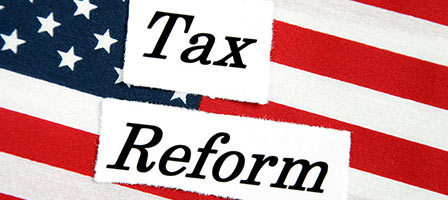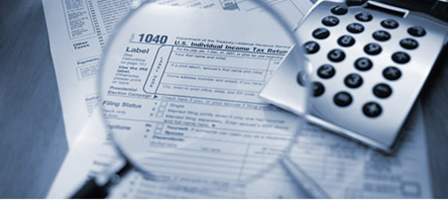Overlook Something on a Prior Tax Return? File an Amended Return
- Learn about the repercussions of incorrect tax returns.
- Find out why you should file amended returns.
- Learn about the statute of limitations for refunds.
- Will your potential for audit increase if you amend your tax return?
Taxpayers sometimes overlook items of income on a tax return. It happens! Maybe you didn’t claim a deduction. Or perhaps an amended tax document was received after the tax return was already filed. Regardless of whether the oversight will result in more tax due or a refund, don’t dismiss it.
Failing to report an item of income will most certainly generate an IRS inquiry. This typically happens a year or more after filing the original return and after you’ve accrued interest and penalties. On the other hand, if you have a refund coming, you certainly don’t want that to go by the wayside.

File an amended return
The solution? File an amended return as soon as you discover the error or omission. You may also use amended returns to claim overlooked credit, correct filing status, report an omitted investment transaction, include items from delayed or unexpected K-1s and corrected or late received 1099s, and account for an overlooked deduction or anything else you should have reported on the original return.
If the overlooked item will result in a tax increase, you can mitigate penalties and interest by filing an amended return as soon as possible. Procrastination leads to further complications once the IRS determines something is missing. So, it is best to take care of the issues right away.
Generally, to claim a refund, an amended return must be filed within three years from the date the original return was filed or within two years from the date the tax was paid, whichever is later. Where tax is due, IRS generally has 3 years from the date the return is filed to collect- if the amount omitted is more than 25% of the gross income on the return, the collections period is 6 years.
Will your amended return trigger an audit?
You are concerned that an amended return might trigger an audit? The fact that you amend a return does not, in itself, increase your chances of being selected for an audit. It might reduce your chances. This is especially true if you are fixing something the IRS will find later anyway such as through their program that matches the information forms (W-2s, 1098s, 1099s, K-1s, etc.) that they receive from employers and other payers with the income reported on your return.
What concerns many taxpayers about amending returns is that an IRS employee must manually compare the amended return changes with the original. So remember: an amended return must include a clear explanation and justification for the amendment and backup documentation to support the changes, even if these were not required on an original return. If you cannot provide backup documentation, the IRS may want to dig deeper.
Justify your changes
We cannot stress enough the importance of providing proof or backup documents to justify your changes on your amended return. Let’s say you forgot to claim a $2,000 church donation. In this scenario, you want to include documentation, such as copies of the acknowledgment letter from the church and your canceled check, supporting the increased deduction.
Does any of the above apply to your situation? Call Fiducial at 1-866-FIDUCIAL or make an appointment at one of our office locations to discuss your situation.
Ready to book an appointment now? Click here. Know someone who might need our services? We love referrals!









